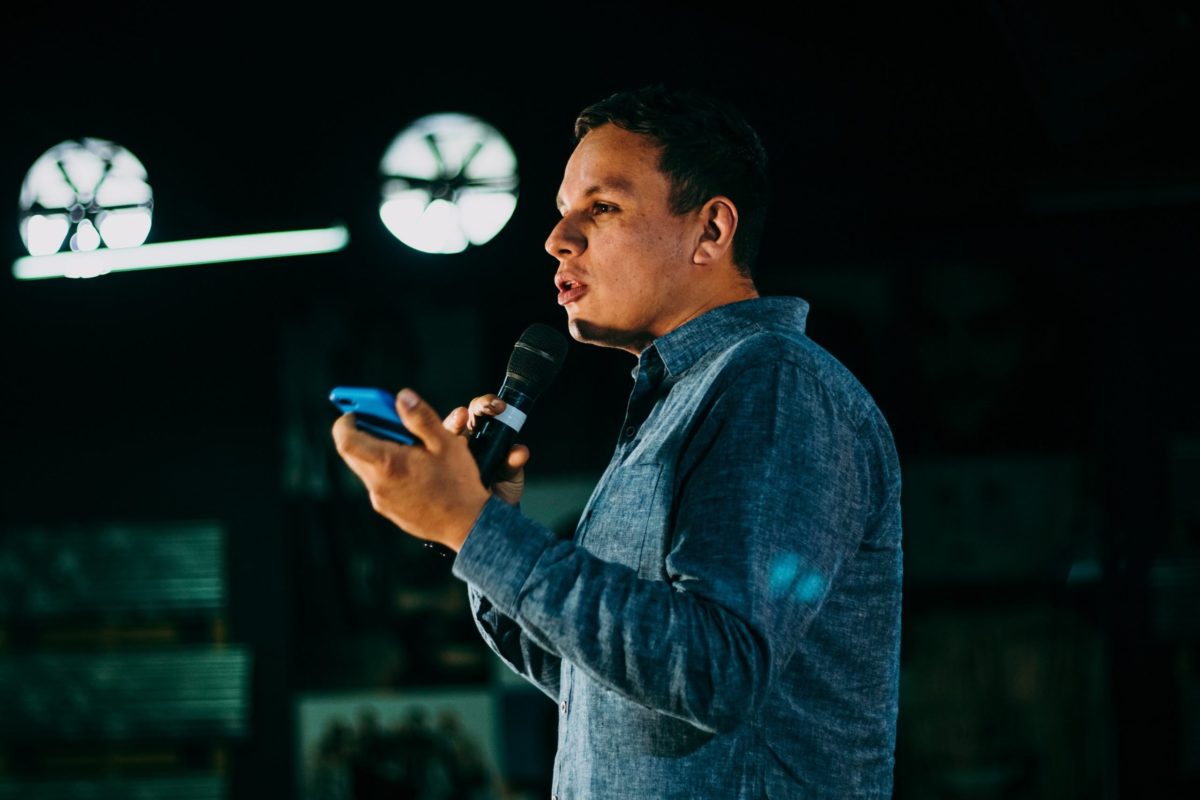How do we create a more pro-life church culture?
By Katie Doryland
When it comes to the issue of abortion, one would expect the church to have the loudest pro-life voice. Unfortunately, too many churches feel that pro-life discussions will produce a negative response from their congregation.
With such a strong biblical view on the sanctity of life, what is holding pastors back from speaking up? How can we equip the church to advocate for the unborn?
First, we must understand some of the beliefs that hold pastors back from speaking about pro-life issues.
Belief #1: Being pro-life is a political issue that should not be discussed at church
The pro-life movement is usually identified as a political movement. But this masks the seriousness of the true matter at hand: abortion hurts women and the unborn. Being pro-life should never be solely a political issue. It is, and always will be a biblical and human rights issue. As teachers of the Word of God, pastors should uphold scriptural teaching. Theologian John Piper said, “the Word of God is the standard of truth, not a political ideology or camp” (CareNet).
Belief #2: If I speak up I will be associated with extreme pro-life activism
For many years, being pro-life was akin to standing outside of abortion clinics with photos of aborted babies and yelling insults. So, what has changed? First, the new face of pro-life is now focused on love and compassion. They want to meet women where they are and help them. Hopefully, to make abortion unthinkable. Second, the pro-life movement provides a real service to their community through pregnancy resource centers (PRCs). PRCs provide medical and material resources at little to no cost to women in need.
Rather than fearing association with the “extreme” pro-life activists, pastors can model God’s heart of compassion and create their own pro-life ministry. Additionally, they can show love and grace while partnering with pregnancy resource centers or other local ministries.
Belief #3: I’m not equipped enough to talk about abortion
As a leader of a congregation, it can seem overwhelming to speak about something you’re not an expert on. Because of this, many pastors put off pro-life talks altogether. But there are resources available on the topic. Pastors have a wonderful opportunity to learn more about this subject in order to better serve their congregation through the Word of God. The more these resources are utilized, the better equipped pastors will become.
Belief #4: Speaking about abortion may drive away people in the congregation who have had past abortions
When a pastor is silent about such a serious subject it sends the wrong message. It tells those affected by abortion that their pain and past is too shameful to be addressed from the pulpit. Concern for their congregation is a valid approach. However, it shouldn’t prevent pastors from teaching on the grace and redemption of God. By showing church members that there is hope after abortion, the church will transform into a place that is welcome to those with post-abortive trauma.
How do we equip the church?
No matter what keeps a pastor from addressing abortion from the pulpit, we can help introduce them to tools and resources. Knowing the Biblical truth about abortion as well as what God says about redemption is critical. When church leaders continue learning to better serve their church, they have the opportunity to aid in the healing process for many women. Or even save women and babies in their congregation from the heartbreak of abortion.
Partnering with local pregnancy centers and churches can be a valuable asset to people in the church dealing with abortion in their past. By connecting with a local pregnancy center, churches are able to serve their community and learn about starting a post-abortive recovery ministry or counseling programs.
For resources relating to pro-life and abortion, visit CareNet‘s free resource website here.
To find a pregnancy center near you, visit Heartbeat International.
Learn more about Save the Storks and pregnancy resource centers here.













